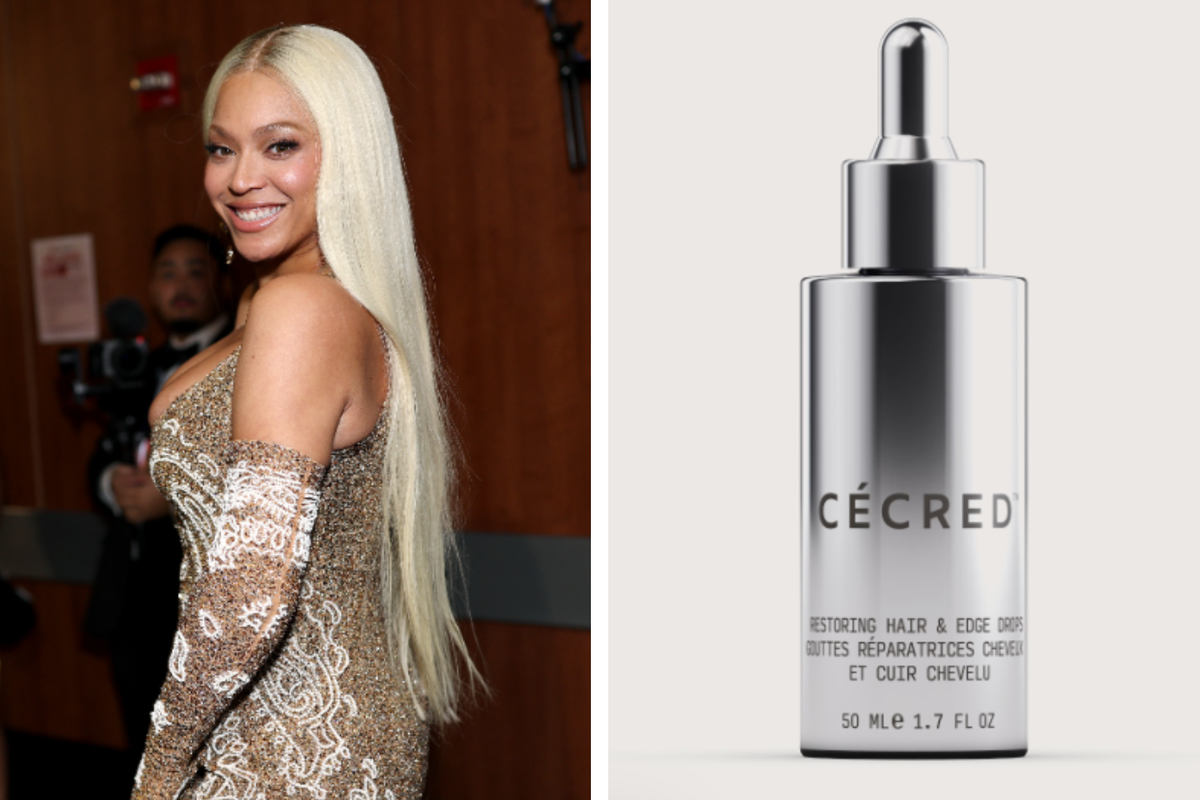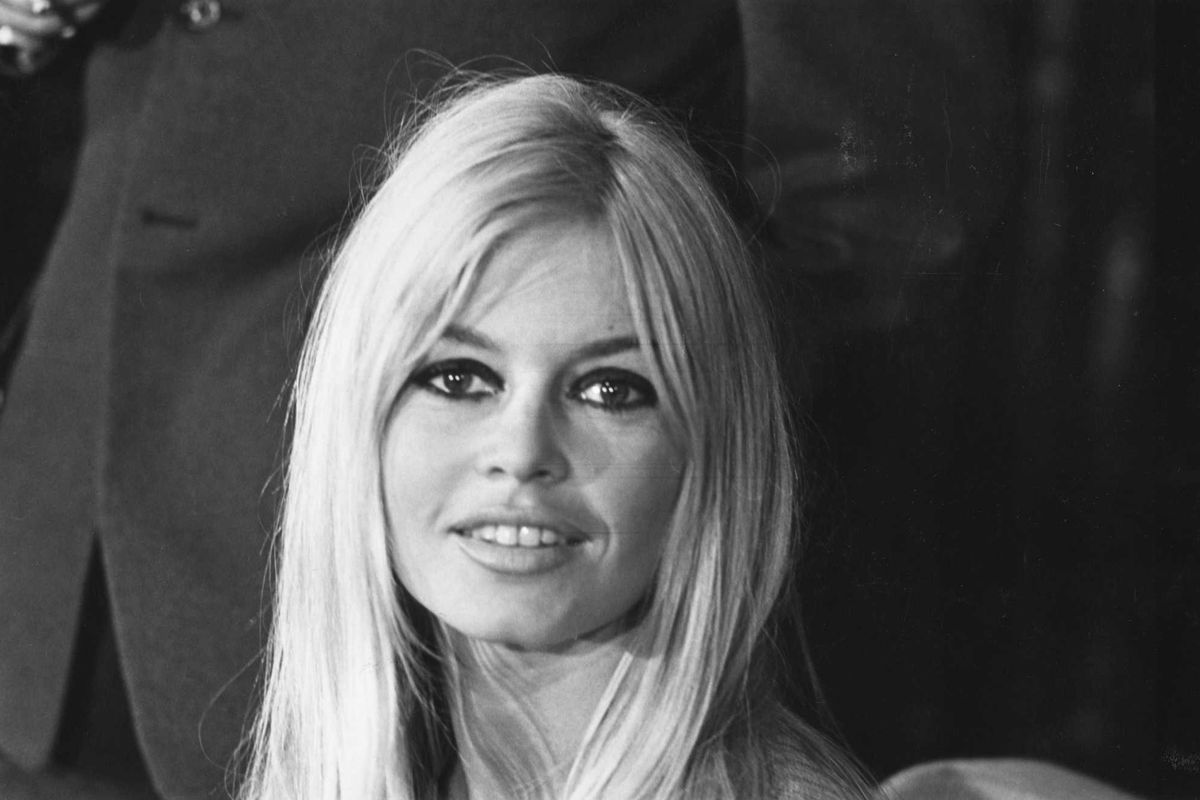News
Bethan McKernan
Jun 07, 2015

While the Oxford Union made negative headlines yet again last week after posters went up advertising a cocktail called the “Colonial Comeback”, the furore has helped kickstart a wider student movement to combat racism at the university.
Students and staff alike were quick to condemn flyers for the cocktail that featured a pair of black hands in shackles and was to be served during a debate about colonial reparations. A university spokesperson called the flyers “crass and insensitive” after the matter drew the gaze of international media.
A student protest group Rhodes Must Fall was already planning a silent demonstration at the debate, titled “This House believes Britain owes reparations to her former colonies," and the fallout over the cocktail gave them a high profile launch pad:
Rhodes Must Fall is a grassroots movement started by students at the University of Cape Town. RMF began as an effort to get a statue of Cecil John Rhodes, a Victorian-era colonialist who greatly expanded British control over territories in southern Africa and is renowned for his racist views, removed from campus. Their campaign was successful and quickly spread to other South African universities, along with ideas about reforming curricula to include African scholars and increasing diversity amongst teaching staff, reflecting the frustration students feel at the pace of change in South African academia.
The statue of Cecil John Rhodes at the University of Cape TownAt Oxford, South African postgraduate student Sizwe Mpofu-Walsh decided to challenge the way in which Rhodes has been memorialised by the university. Oxford is home to the Rhodes Scholarship, which funds Americans, Europeans and students from former British colonies for two years of postgraduate study, and is centered at Rhodes House, an early 20th-century mansion, built in his memory. There are several other monuments that bear his name around the university, including a small statue at Oriel College.
RMF is dedicated to engaging the university in a critical conversation about the legacy of colonisation in the present day, Mpofu-Walsh told i100.co.uk.
The memorialisation and glorification of people who were complicit in colonial violence is an affront to the dignity of many people. Oxford is where Rhodes began his idea of empire, and we thought we should take the conversation back to where it all began.
- Sizwe Mpofu-Walsh, founder of Rhodes Must Fall Oxford
Tackling everyday instances of racism and discrimination - like the Oxford Union’s cocktail - are on RMF's agenda too.
The union, a student-led debating society over which the university has no control, is no stranger to controversy. It is hit routinely by national newspaper splashes over alleged sexism and racism and is accused of trolling because of its invites to controversial speakers (Nick Griffin, David Irving and Tommy Robinson, to name but a few).
But some people believe the university as a whole is failing in its duty to be more ethnically inclusive. Aside from the antics of wannabe-politicians in the Oxford Union, a recently published report from the Student Union (OUSU) found that the university needs to do more to challenge racism and make its black and minority ethnic (BME) student body feel more welcome during their studies.
Spokesperson for the university Julia Paolitto told i100.co.uk:
Oxford University neither tolerates nor condones racial harassment or abuse in any form, and we are committed to addressing and preventing exclusionary behaviour. We welcome the fact that students from Oxford are actively invested in discussing what more can be done to ensure a fully inclusive university experience, and we expect to be held to a very high standard.
In the last year, she said, the university has extended its efforts to encourage applications from ethnic minority backgrounds with help from students from the African-Caribbean society and offers targeted mentoring support for BME students on their arrival at uni. Currently only 13 per cent of Oxford’s British undergraduate population is non-white.
At the same time, Oxford has been accused of sticking with outdated degrees and curricula. For example, it is currently difficult to study anything other than British, European and American history for an undergraduate history degree, and students reading English can only read non-British authors in one module over the whole three years.
At a student-organised conference on racial equality last year, university representatives said they would take concrete steps towards diversifing curricula to reflect a more global worldview. But RMF says that since then no steps have been taken to follow up on that promise.
Paolitto said that senior academics were working towards curriculum reviews and that “the direction of travel has been established”, with roundtables for faculty and students planned over the next two years.
Cecil John Rhodes is the central figure over the entrance to Oriel College.The ripples that RMF have created could soon become waves. More than 2,000 people have already joined the Facebook page for the group. On Monday the Oxford Union’s Standing Committee passed a motion condemning itself as “institutionally racist,” and issued an official apology on Wednesday, a move RMF welcomed as a step forwards.
The group has open meetings and teach-ins planned over the next few weeks. “We are blown away by how quickly this has all happened,” Mpofu-Walsh said.
Watch this space.
More: Oxford Union passes motion calling itself 'institutionally racist'
Top 100
The Conversation (0)















